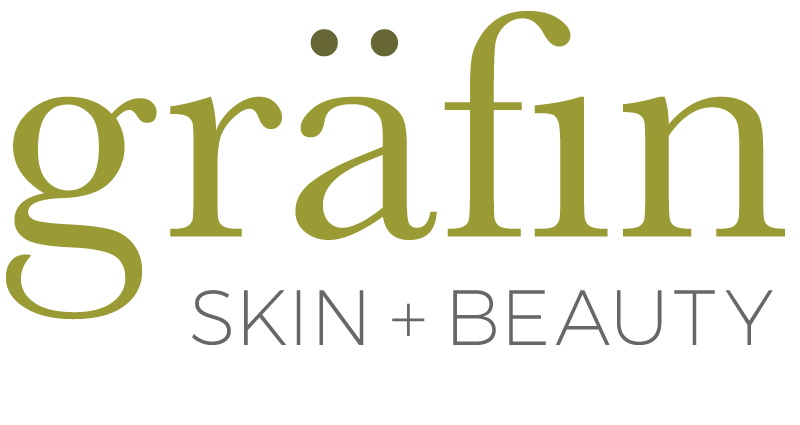Acne and Food
If you are anything like me, you grew up with your mom telling you “don’t eat that, it’s going to give you zits.” High school for me was four years of thinking that chocolate, French fries, and pretzels, were the skincare devil. Surprisingly, it’s never been fully proven that there is a link between diet and acne, until now.
Acne is triggered by a combination of factors, mainly because acne skin produces too much sebum (oil) and a build up of dead skin cells that clog pores causing a localized infection. Hormonal fluctuations play a part as well by increasing the amount and thickness of oil produced and therefore creating a stronger ‘glue’ to hold the dead skin cells inside the pore. 80% of teenagers and 54% of women between the ages of 25-40 suffer from acne, and those numbers are on the rise.
Could changing the way we eat be the key to clear skin?
An exhaustive 50-year research study has finally been published, and it seems some foods not only aggravate acne but in some cases can actually cause it. Researchers found that eating foods with a High Glycemic Index (shortened GI) and drinking cow’s milk has an undeniable link to acne.
“Eating high GI foods – foods that are absorbed into the bloodstream quickly – is thought to have a direct effect on the severity of acne because of the hormonal fluctuations that are triggered. High GI foods cause a spike in hormone levels including insulin which is thought to instigate sebum production. A 2007 Australian study showed that young males who were put on a strict low GI diet noticed a significant improvement in the severity of their acne.”¹
I have personally found that the link with dairy is quite strong and have seen incredible changes in the skin of my clients that have limited or eliminated dairy. However, the American Association of Dermatology feels this link is not quite as strong as I do, I will let you decide:
In 2005, a retrospective study was conducted in which 47,355 adult women were asked to recall their high school diet and if they ever had “physician-diagnosed severe acne.” The study found that acne was positively associated with the reported quantity of milk ingested — particularly skim milk.
In 2006, a study examined the self-reported food consumption as well as the frequency and amount of pimples experienced by 6,094 girls aged 9 to 15 over three years. The study found positive associations between the prevalence of acne and the intake of total milk, whole milk, low-fat milk, and skim milk. ²
The Harvard School of Public Health ran a study in 2007 that found the milk link for acne. The study was of young men that drank milk regularly; they discovered that the ones that drank skim milk had a 44% higher chance of breaking out. They believe that the increase is because of the higher level of hormones in skimmed milk because of the process of removing the milk fats.³
New research is also coming to light that Iodine (sushi, iodized salt) can also be a trigger for acne sufferers. Currently, the iodine argument is quite heated as there is evidence on both sides: too much iodine and not enough iodine. I am a big believer in balance, but it couldn’t hurt to do some experimentation on your own with limiting iodine and keeping a log on how your skin reacts.
What about supplements?
There are also several supplements that seem to have value when treating acne. Zinc and Omega-3 fatty acids are two of my favorites. Many Americans have no issues getting enough Omega-6 and -9 in our diets, but sadly many of us are lacking in Omega-3s which are incredible anti-inflammatories for the body. Zinc is also a favorite to aid in the metabolism of Omega-3 fatty acids, more anti-inflammatory skin help, and antioxidants. Recent studies have shown that many acne sufferers have low zinc levels, and other studies show that it can reduce oil production. Make sure to speak to your healthcare professional before starting a supplement regimen and check your multi-vitamin because many of them have some zinc in the formula before you add more, as excessive zinc can lead to other mineral deficiencies.
It might be worthwhile based on these studies, if you suffer from acne, to play around with your diet and see if you get any relief. This is especially true if you get deep cystic acne as it is the most difficult to control without oral medications. Low GI foods include fruits and vegetables, whole grains as well as other choices. You can start your own research on GI foods at the American Diabetes Association website.
Treatments Offered:
Facials (LED Therapy, Teen, Express, and Clinical)
Peels (Derm Renewal Peel, Vivier Peel, or a Peel Series)
Consultation
Professional Skincare
Further reading:
Can Foods Make You Break Out?
Growing evidence suggests possible link between diet and acne
Does Iodine Really Cause Acne?
